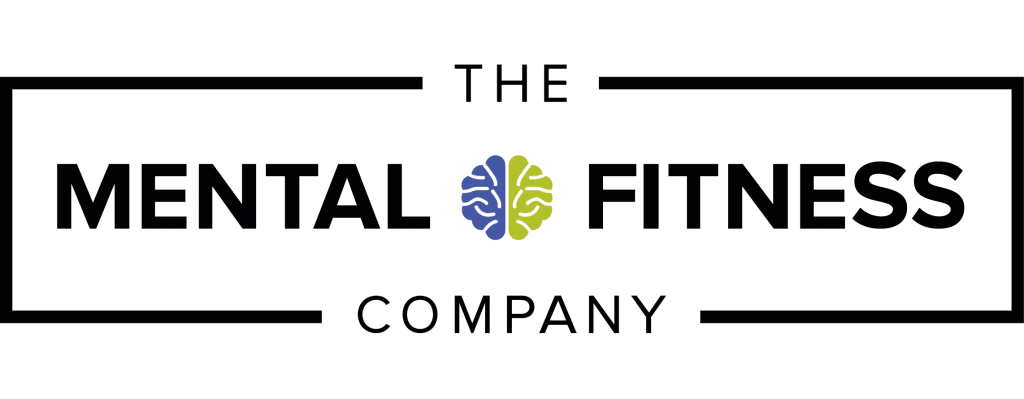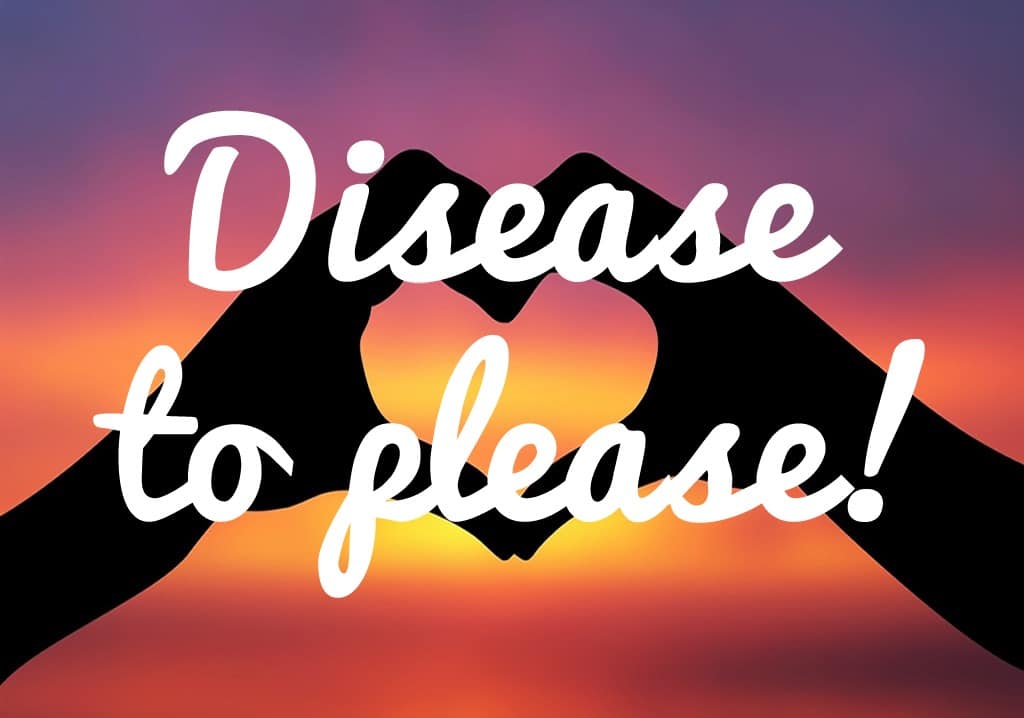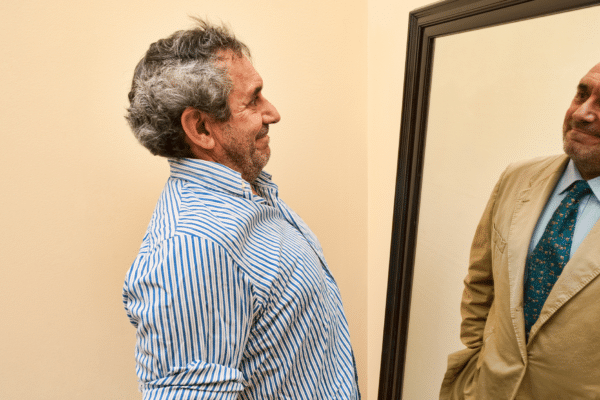I see it frequently; clients continually putting the needs of others before their own, resulting in exhaustion, resentment and an overall flatness.
There seems to be an epidemic in the belief that your own needs do not matter. Most of us have spent years taking care of the needs of others: our children, parents, spouses, work colleagues, our employers. Responsibility and accountability are important, but not to the point of self sacrifice!
Guess what everyone? It’s actually OK to say “NO”!
Many people believe by saying “NO”, it will appear they can’t cope or that you are being rude, selfish, or unkind. These are all unhelpful beliefs that make it hard to say “NO”
It is time, friends, for a little selfishness and to develop some healthy assertiveness skills.
“No” is a control word that holds a lot of power. When we use it, we’re in control. When we don’t, we’re open to the control of others. By saying “NO” we protect our time and efforts.
Do you ever wonder why it was so easy to shout “NO” as a child and why it has become so difficult now? What happened?
As kids we learnt that saying “NO” was impolite or inappropriate.
If you said “NO” to your parents, teacher, grandparents, and so on, you would have probably been told off for being rude. Saying “YES” was the polite and likable thing to say.
As adults we are capable of making our own choices. “NO” shouldn’t be an off limits word, but something that we decide on based on our own discretion.
Often we hold onto our childhood beliefs and continue to associate “NO” with being mean, rude or selfish. We worry that if we say “NO” we will feel guilty, be rejected, or seen to be not coping.
Often the solution is practicing how to say, “No,” nicely. Here are some tips:
- Practice saying: “I can’t this time, I’m already over committed” or “That won’t work for me right now, but I’ll get back to you if anything changes” or “I really appreciate you thinking of me, but I’ve just got too much on my plate right now.”
- Don’t lie. Lying will most likely lead to guilt—and remember, this is what you are trying to avoid feeling.
- Remember that it is better to say “NO” now than be resentful later.
- Be polite, such as “Thanks for asking.”
- Don’t say “I’ll think about it” if you mean “NO” This will just prolong the situation and make you feel stressed.
- Remember that your self-worth does not depend on how much you do for other people.
Learning to say “no” has been one of the best things I have done for myself. I don’t feel trapped, resentful, or guilty. Instead I feel empowered and free. Take control, challenge yourself, and learn to say “NO”






